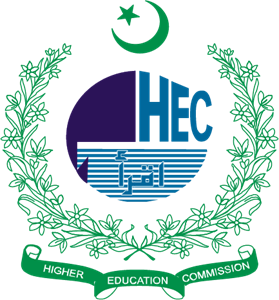How professional are our students? A cross-sectional study of final year medical students at Rehman Medical College, Peshawar
Keywords:
Education, Medical, Undergraduate; Education, Professional, Medical Professionalism, Behavioural SciencesAbstract
Background: Medical Professionalism (MP) is defined as a set of attributes & the principles that must be followed in the medical workplace, as well as what the public and individual patients should expect from medical professionals. It is believed that MP is not a concept that medical students are interested in; thus, there is a greater emphasis on the importance of explicitly teaching this subject.
Objectives: To assess the level of understanding of professionalism in final year medical students at a private medical college of Pakistan through the Penn State College of Medicine Professionalism Questionnaire (PSCOM-PQ).
Materials & Methods: A cross-sectional study of final year medical students at Rehman Medical College was conducted from March to April 2022 using the PSCOM-PQ after obtaining permission from the Penn State University. The questionnaires were distributed to students in their class after giving instructions and getting informed consents. Data were collected for the six attributes of professionalism namely, Accountability, Altruism, Duty, Excellence, Honour & Integrity, and Respect for others. SPSS version 26 was used for descriptive and comparative statistical analysis, keeping p≤0.05 as significant.
Results: A total of 86 students (54, 62.8% male and 32, 37.2% female) students responded. Mixed responses were obtained for the Likert scale categories (never to great deal) indicating a non-focused understanding of Professionalism. The total mean score for all professionalism categories was 107.52 ± 48.13, divided as 116.96 ± 47.38 for males, and 91.59 ± 39.74 for females (p=0.010). Least scores were obtained for Respect (17.45 ± 8.18) and Altruism (17.69 ± 7.89) and the highest for Duty (18.17 ± 7.99) and Honor & Integrity (18.17 ± 7.46), with males scoring significantly higher in all categories.
Conclusion: Despite 10 years of inclusion of Professionalism in the taught curriculum at a private medical college, the general understanding of students about the attributes of professionalism was lower than expected.
Education, Medical, Undergraduate; Education, Professional; Medical Professionalism; Behavioural Sciences.




